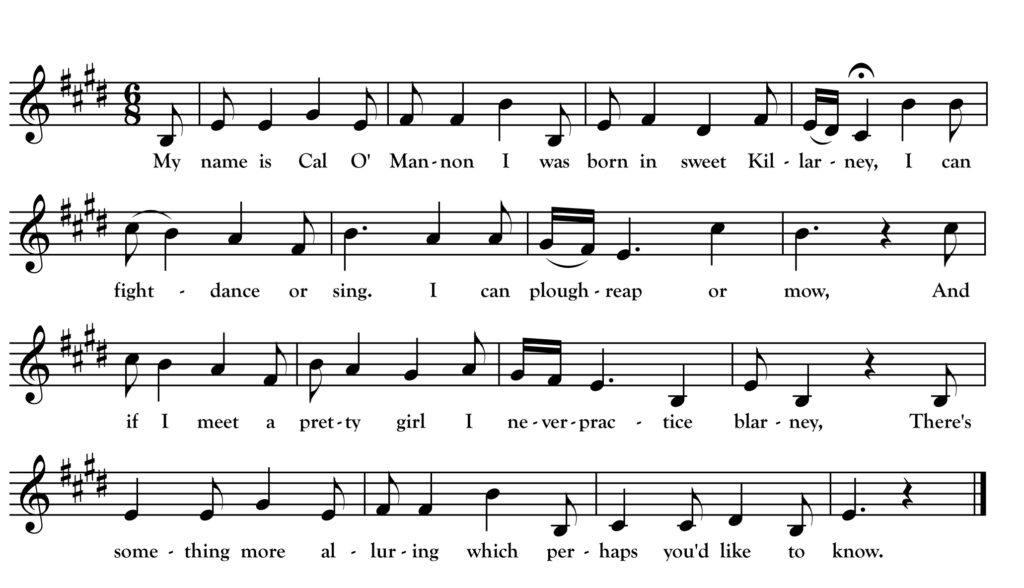The Heights of Alma

It was in September, the eighteenth day
In spite of the salt sea’s dashing spray,
We landed safe on the Crimea,
Upon our route to Alma.
That night we lay on the cold, cold ground,
No peace or comfort could be found,
And by the rain were nearly drowned,
To cheer our hearts for Alma.
Next morning when we did arise,
Beneath those gloomy Russian skies,
Lord Ragalan, our Chieftain cries,
“Prepare to march for Alma.”
And when the heights they hove in view,
The strongest hearts they would subdue,
To see that motley Russian crew
Upon the heights of Alma.
They were so strongly fortified,
With batteries on each mountain side,
Lord Ragalan viewed their works and cried,
“We’ll have tough work in Alma.”
The Scotch Greys were the first that came,
And turned their fire in like rain,
But many a Highland lass will mauirn,
For that day’s work at Alma.
The Twenty-second Fusileers,
They gained the heights and gave three cheers,
With joy each Briton’s heart did cheer,
Hibernia’s sons at Alma.
Back to Sebastapool the Russians fled,
They left their dying and their dead,
The rivers that day did run red
With the blood that flowed at Alma.
This is one of four songs referencing the Crimean War (1853-1856) that were printed by Minnesota singer
Michael C. Dean in his songster The Flying Cloud. See earlier Northwoods Songs columns for the other
three: “Patrick Sheehan,” “The Tidy Irish Lad” and “As I Rode Down Through Irishtown.”
The song describes some accurate details of the Battle of Alma, which took place on September 20, 1854.
Lord Raglan was the English commander and his men had no tents their first night after landing. The
“Scottish Greys” were the Royal Scots Greys – a famed Scottish regiment in the British Army. I have not
found any historical reference to a 22nd regiment at Alma (exact numbers don’t always survive the folk
process!) but what little glory there is in Dean’s version clearly goes to “Hibernia’s sons” on the
battlefield. Irish soldiers made up a third of the British Army in the Crimea, resulting in much heartbreak
and many songs back in Ireland.
Other versions of this song use the well-known and cheery-sounding “Rakes of Mallow” melody. The duo of Irish fiddle player Michael Coleman and flute player Tom Morrison recorded that tune as “The Heights of Alma” on a 78rpm record. Dean’s more mournful melody resembles versions found in New England collections. An especially nice variant was sung by Newfoundland singer Cyril O’Brien and recorded by MacEdward Leach. My duo, The Lost Forty, used the O’Brien melody for our arrangement of this song.


